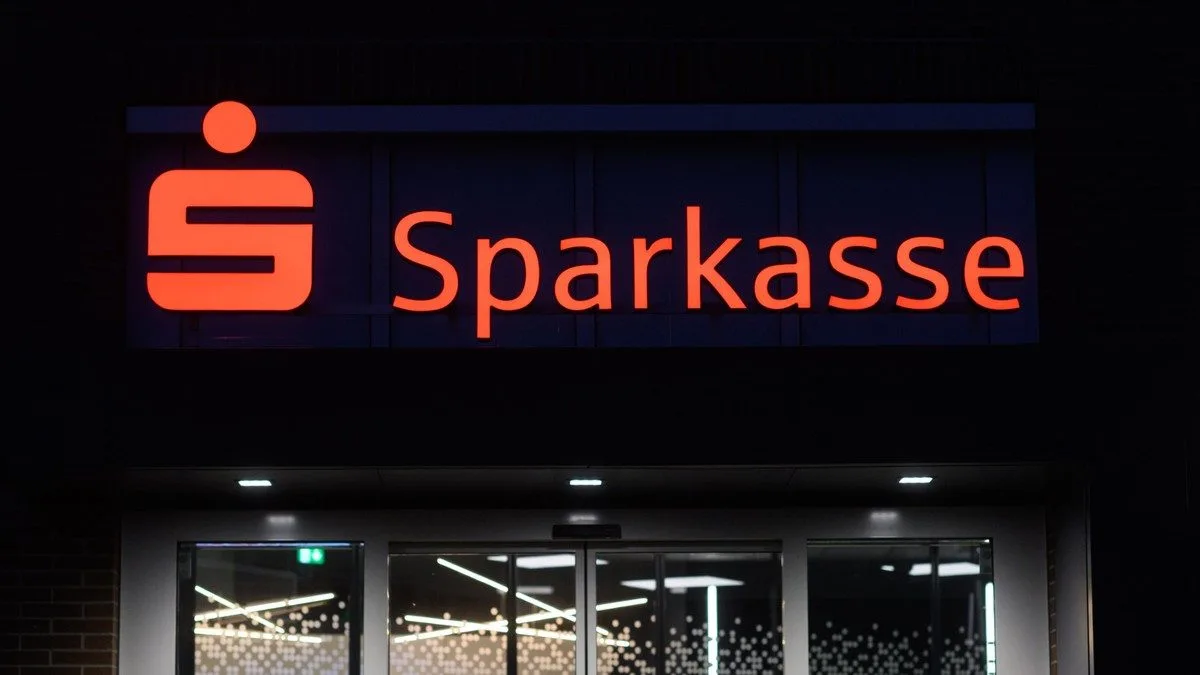The Sparkasse and its customers are repeatedly targeted by fraudsters.Image: dpa / Julian Stratenschulte
Money & Shopping
Phishing emails are a well-known evil that consumers have to deal with again and again. If you fall for it, it can be expensive. The criminals sometimes use perfidious tricks to try to get account details, passwords or other sensitive data from those affected and can thereby cause a lot of financial damage.
At the moment, Sparkasse customers have to be particularly careful. Criminals have targeted you again and are busy sending fraudulent emails. The savings bank itself has recognized the attempted fraud and is issuing an urgent warning.
Watson is now on WhatsApp
Fraudsters prepare false daily money offers for Sparkasse customers
The criminals supposedly offer a savings bank fixed-term deposit. The fraudulent email that the Sparkasse published under its security warnings states: “As discussed over the phone, we will send you the product information sheet for the fixed-term deposit as an attachment.” There is also a table with an interest rate scale.
“If you receive such offers, you should always be suspicious and check carefully whether the offer really comes from the savings bank.”
Savings Bank
Those affected will then be asked to open a fixed-term deposit account. The offer will expire after 14 days, the email says. Money should then be transferred to this account for investment, writes the savings bank and urges caution. In fact, this is not an offer from the Sparkasse, but rather an attempted fraud.
“If you receive such offers, you should always be suspicious and check carefully whether the offer really comes from the Sparkasse,” emphasizes the Sparkasse. She also recommends contacting your personal advisor to verify a possible offer.
Phishing attempt not detected? Customers should inform Sparkasse
If customers have not recognized an attempted fraud and, for example, have already made suspicious payments or disclosed personal data, they should inform their savings bank “immediately,” it is said.
Companies and banks themselves closely monitor whether fraudsters are sending false emails in their name. The Sparkasse provides information about this in its security warnings.
Consumers can also find out about current fraud attempts from consumer advice centers. There is a new update in their phishing radar regularly, almost every day – phishing emails are now the order of the day. Banks are a popular target for criminals. But the payment service provider Paypal and users of streaming providers such as Netflix or parcel service providers such as DHL are also repeatedly affected.
The consumer advice center warns against clicking on links and buttons in fraudulent emails. Consumers should ignore phishing emails. Instead, they always go unanswered in the spam folder. In the future, the email program will be able to recognize and filter out similar phishing emails before they are flushed into the inbox.
In the world of social media, there has been a trend in recent years to move closer and closer to the concept of Tiktok. Because the video portal’s non-transparent but extremely effective algorithm is the ultimate in social networks, many platforms are trying to copy it.




